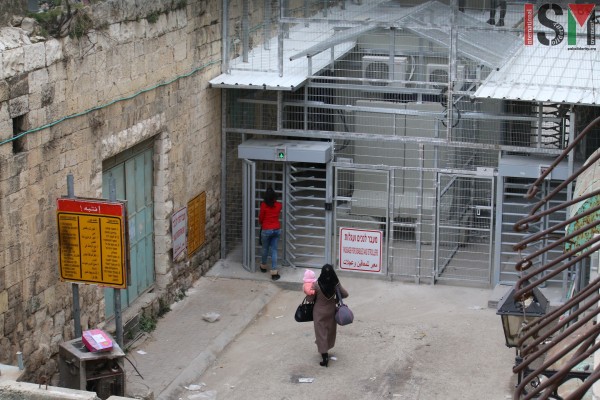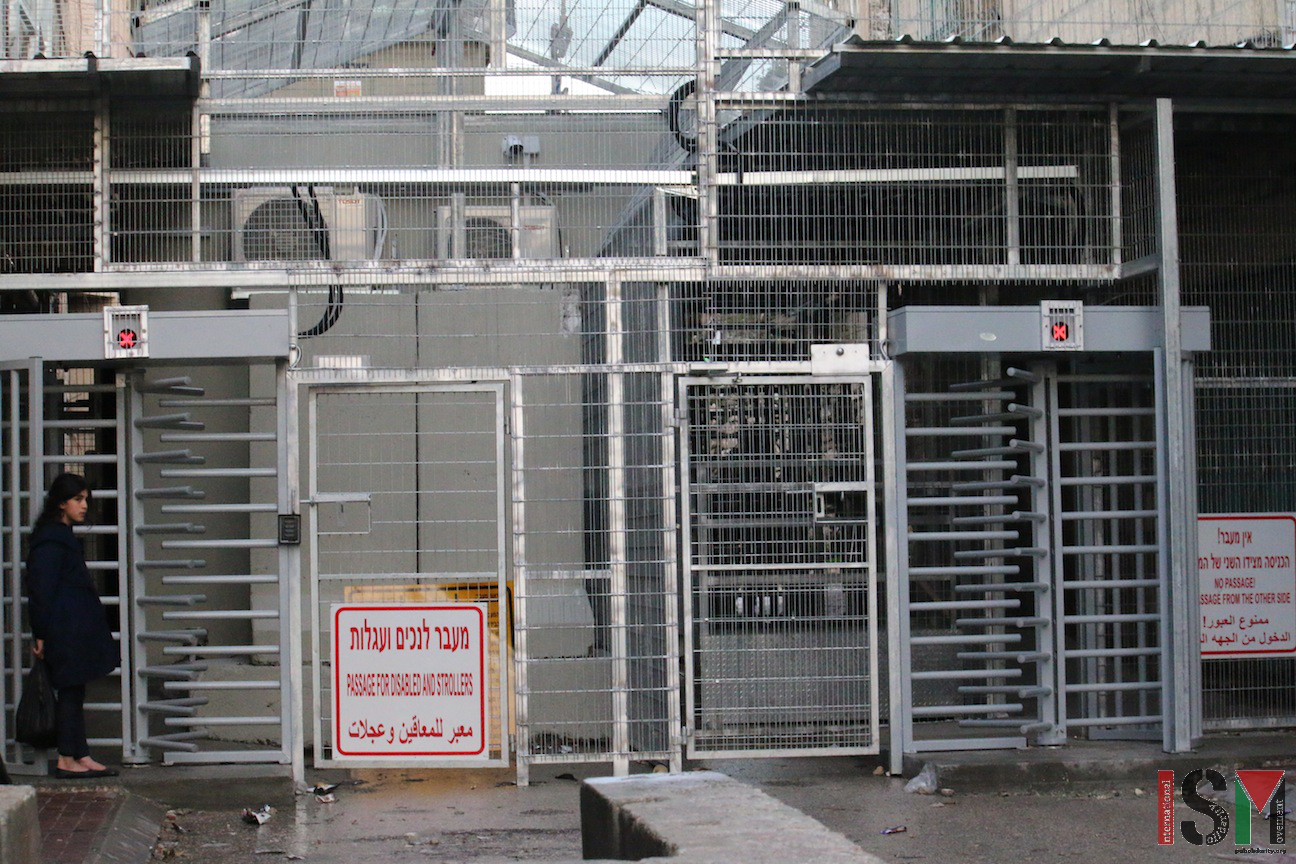Tag: Hebron
-
Closed military zone in Shuhada Street and Tel Rumeida extended yet another month
6th February 2016 | International Solidarity Movement, Al-Khalil Team | Hebron, occupied Palestine Since the 1st of November 2015 the Tel Rumeida area and Shuhada Street in occupied Al-Khalil (Hebron) have been declared a ‘closed military zone’. The first declaration of the closure was for one month, but since then the order has been extended…
-
Ongoing colonization in Hebron: Israeli forces prepare the illegal invasion of Palestinian houses by Israeli settlers
3rd February 2016 | International Solidarity Movement, al-Khalil team | Hebron, occupied Palestine On February 3rd 2016, Israeli occupation forces violently opened the door of houses in the vicinity of the Ibrahimi mosque by cutting the door locks with a disk grinder, and then entered these houses. The houses are located in al-Sahla Street near…
-
CALL TO ACTION! Join Twitterstorm to #EndHebronMilitaryZone
Three months ago, in the wake of two extrajudicial executions committed by Israeli forces in Tel Rumeida, Israeli military authorities forced Palestinians living in the neighborhood to register and receive numbers in order to be allowed to reach their homes. Everyone else, including family members, media and Palestinian and international human rights defenders are barred…



